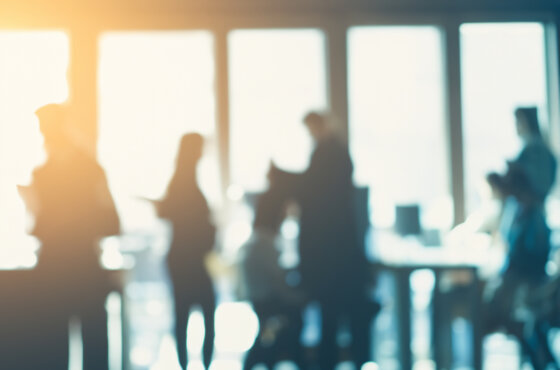The Times: Can Russia survive the new cold war?
“Today Russia has more flexible, multifaceted and large-scale relations with the outside world [compared to Soviet times]. It has contracts with Western companies worth many billions of dollars. It is highly dependent on the international market. Its citizens travel in millions to foreign countries. But when something goes wrong, not all of the above suffer. However, Moscow's current relations with the West are the worst in memory. Since Brezhnev's invasion of Afghanistan in 1979, the West has not imposed sanctions on the Kremlin. Now all the talk is about a new Cold War. The fact that Russia has annexed Crimea and is interfering in the affairs of Eastern Ukraine is, from NATO’s point of view, a challenge that [the North Atlantic Alliance] has not received since the fall of the Berlin Wall. And today's headlines could have been published 30 years ago,” notes Michael Binion, a columnist for The Times, in his article.
“Although Russia’s political relations with Europe and America are suffering, much else remains normal,” the author writes, pointing to trade, exchange of students and works of art, and tourism, although this year the flow of travelers from Russia has decreased from -for the fall of the ruble.
Russian diplomats say they want to limit the damage caused by the Ukrainian crisis. But, in fact, they have no choice, since even “limited” EU sanctions have caused Russia “more damage than anyone imagined,” the article says. “Coupled with the sharp fall in oil prices that coincided with [them], they had a devastating effect,” notes Binion, recalling the collapse of the Russian stock market, the free fall of the ruble, the fact that other G70 members asked the president Putin not to come to the next meeting, and that Western leaders did not come to the Sochi Olympics and did not join the celebration in Moscow of the XNUMXth anniversary of victory in World War II.
“Russia was dismayed when the EU recently announced an extension of sanctions imposed on Moscow due to its involvement in what is happening in Ukraine. Moscow is therefore determined to show that the Minsk agreements to end hostilities in Ukraine are working. [But] it does not completely control the separatists and their bandit leaders,” Binion emphasizes.
“To limit this damage, Moscow left another door open. In the Middle East, it joined Germany and other members of the United Nations Security Council in becoming part of a united front in negotiations with Iran over its nuclear program. Sergei Lavrov, the Russian foreign minister, is quietly lobbying for a new attempt to resolve the situation in Syria diplomatically, knowing full well that many in the West share his view that Assad is not the best ruler, but the currently available alternatives look worse. in the material.
The publication further lists other areas of international politics in which Russia continues to cooperate with the West. In particular, the confrontation with the Taliban and ISIS. "Russia's concerns about fundamentalism are at least as strong as ours," says Tony Brenton, a former British ambassador to Moscow.
According to the publication, “sporadic cooperation between Russian and Western intelligence services has resumed.” The UK ended all such relations after the murder of Alexander Litvinenko in London in 2006. But MI6 has since worked from time to time with Russian partners in the fight against Islamic extremists, organized crime, money laundering, people and drugs smuggling.
According to Binion, trade has suffered the most from the consequences of the Ukrainian crisis. However, “the Russian-British Chamber of Commerce and the Trade Representation of the Russian Federation in London hope that the situation will improve: Russian demand for British financial, legal and business services remains high, as well as for British cars, medicines, high-precision industrial components and tools security Trevor Barton, the head of the chamber, is confident that a good opportunity for this is the FIFA World Cup, which is due to take place in Russia in 2018.”
“The Ukrainian crisis comes at the beginning of the long-planned British Cross Year of Culture in Russia, for which both sides have prepared large-scale concerts, art exhibitions, and an exchange of theater and ballet productions. All this took place, although somewhat muted,” recalls Binion.
“The motto of Russian diplomacy has always been reciprocity: if you step on my foot, I will step on yours. Whenever possible, Russia fights back in situations that the Kremlin perceives as Western interference in its sphere of influence. The younger generation of Russians are not the same people Putin associated with when he served in the KGB. Many of them have seen the world outside their home country. They have no intention of closing themselves off from him again,” Binion concludes.
Subscribe to ForumDaily on Google News










